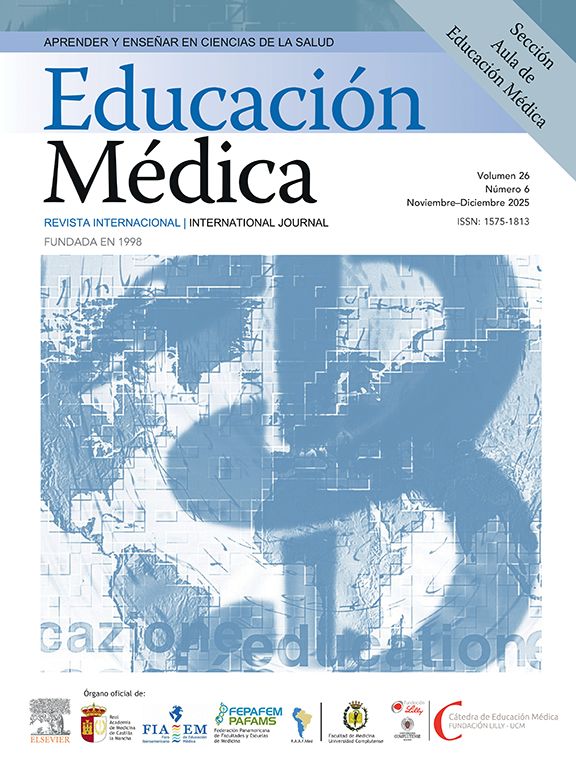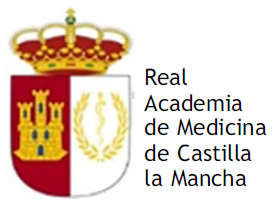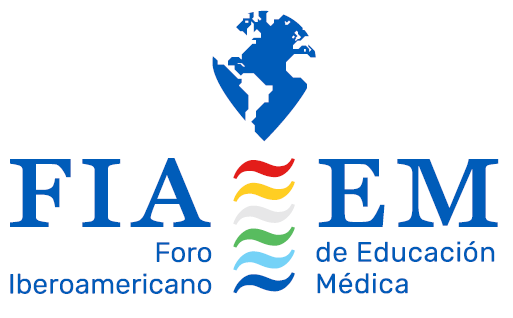
Nearly 150 years ago, circa 1870, Theodor Billroth, considered one of the greatest surgeons of all time, wrote a monograph entitled, “Teaching and Learning the Medical Sciences in German Universities”. Almost twenty years later, in 1889, William Halsted developed the first formal surgical training program, attributing the idea of the European model of surgical training he gathered from Theodor Billroth. The manner in which Billroth selected young trainees highlighted the talents he reckoned indispensable for a good surgeon. This viewpoint emphasizes ten attributes that for a chief resident are indispensable for becoming a successful surgical resident, and at the end of the surgical training, a well-rounded and technically competent surgeon who is grounded in the principles of general surgery.
Hace casi 150 años, circa 1870, Theodor Billroth, considerado uno de los mejores cirujanos de todos los tiempos, escribió una monografía titulada Teaching and Learning the Medical Sciences in German Universities. Casi 20 años después, en 1889, William Halsted desarrolló el primer programa formal de entrenamiento en cirugía, atribuyendo la idea del modelo europeo de entrenamiento en cirugía de Theodor Billroth. La manera en que Billroth seleccionaba jóvenes aprendices destacaba en los talentos que él consideraba indispensable que debería tener un buen cirujano. Este artículo de opinión enfatiza diez atributos que son indispensables, desde la perspectiva de un jefe de residentes, para convertirse en un residente quirúrgico exitoso, y al final de su entrenamiento, sea un cirujano completo, técnicamente competente basándose en los principios de la cirugía general.
Nearly 150 years ago, circa 1870, Theodor Billroth (Fig. 1), considered one of the greatest surgeons of all time, wrote a monograph entitled, “Teaching and Learning the Medical Sciences in German Universities”. This is one of the first manuscripts where the topic “surgical education” formally appeared.1 Billroth was known for being one of the first surgeons who surrounded himself with a close-knit group of disciples who, working together on new procedures, developed and transferred knowledge for a common approach.2 Almost twenty years later, in 1889, William Halsted developed the first formal surgical training program, attributing the idea of the European model of surgical training he gathered from Theodor Billroth.3 The manner in which Billroth selected young trainees highlighted the talents he reckoned indispensable for a good surgeon. Downplaying the importance of manual skill in favor of medical knowledge, clinical judgement, and patient management was characteristic for the rising surgeon from the eighteenth century; however, Billroth went beyond that, prioritizing an academic interest in scientific research.2
A chief resident plays a significant role in residency programs, being positioned at the nexus between faculty and residents. The position is considered one of integrity and respect, which is selected by faculty members for its exceptional clinical and leadership skills. The chief resident works as a team to provide leadership, supporting the residency program's fundamental missions.4
This viewpoint emphasizes ten attributes that for a chief resident are indispensable for becoming a successful surgical resident, and at the end of the surgical training, a well-rounded and technically competent surgeon who is grounded in the principles of general surgery.
Be a leader. Leadership and authority are gained by forging an example for those with less experience, and not by abusing seniority or acting with a misplaced sense of hierarchical authority. Advancing through the training program does not represent automatic leadership, as it is obtained by leading through example, as you perform actions and attitudes that help with the training of those with less experience.
Be disciplined. A surgeon must have a high concentration capacity. Surgeries, rounds, and teaching sessions are interlocking pieces that must function together as a whole for it to work promptly. All team members should have one common attribute, which is knowing and exhibiting the importance of being in time. This also shows discipline and demonstrates that you are ready for any task you are given. If you show competence and responsibility when entrusted with little, you will exhibit to your superior that you can likely be entrusted with more. Self-discipline helps you to become an unstoppable tour-de-force that will help you grow and become the best version of yourself.
Be presentable. George Washington Crile (1864-1943), a co-founder of the Cleveland Clinic, visited Vienna in 1872. He described Dr. Billroth as “the most impressive of them all—positively god-like indemeanor”. Billroth always performed his work with the utmost formality.5 Appearances matter. This is a part of non-verbal communication. Being neat and tidy expresses that you have your act together and demonstrates self-confidence.
Be an educator. In Greek, a mentor means “to endure”—to last through the ages. The atmosphere generated by a good mentor endorses self-esteem and the importance of lifelong learning.6 Be a mentor for junior residents or medical students. Mentorship tends to occur over an extended timeframe and can include guidance in areas outside of medical knowledge or surgical skills, such as career advice, networking, and work-life balance. Teaching offers a structured approach that encourages self-reflection by using facilitated feedback, analysis, and debriefing. It can be tailored to each individual goal and can benefit surgeons in training at every level.
Be a scientist. There are certainly crucial surgical science discoveries yet to be made, and surgical scientists should continue to be at the forefront of those efforts.7 Residents must be trained to conduct meaningful basic or clinical research. There are always unanswered questions, and residents should try to find those answers by conducting research. Research is the door to an academic career. Publishing a paper at the beginning of a surgeon's career is extremely important in order to stimulate a curious mind.8
Be resilient. Resilience is the ineffable quality that allows some people to be knocked down by life and come back stronger than ever; the capacity to recover quickly from difficulties, often equated with toughness.9 A surgeon must understand that not everything depends on their own action and that many times the disease decides to act on its own.
Be an athlete. Surgeon must have manual skills and visual ability. Nowadays, there is a lot of technology that helps improve surgical dexterities. Surgery is like any sport, where techniques are perfected, the more you practice. Visit the skills lab as many times as possible and make it a habit. Enrolled in many cases as possible. Exposure is the key for discovering and learning new skills.
Be an anatomist. A mechanic has to learn all the intricacies of a motor design. The same is true for surgeons. Fall in love with the complex structures of the body's interior and their arcane nomenclature. There is no surgery without embryology, gross anatomy, and microscopic anatomy. Look at the big picture through the small lens, and at the small picture through the higher perspective.
Be the attending's right hand: Know each of your attendings thoroughly, from their surgical preferences for incisions, to his or her latest published article, or their favorite sports’ team. Having a bond with your mentor is the key to a successful career. There is no better form to learn than from the mentor–mentee dualism. A right mentor transmits more than principles of surgery; he teaches life lessons.
Be a physician, above all: Before being a surgeon, it's indispensable to be a respectful physician. The Hippocratic Oath states that in addition to medical knowledge, the physician is obligated to diffuse the ethical and moral basis of medical art. The Oath precludes the technocratic aspect of medicine and reinforces its humanistic elements. A physician must be empathetic, encompassing an attitude of caring for others, respecting life, with the disposition to always be of help.10
Many other attributes can lead you to successfully complete your training program, however; I firmly believe practicing these ten principles can lead you to become a respectable mentor, a renowned scientist, an excellent surgeon, and an outstanding leader, all merged to embody the qualities of a Billroth and Halsted type of resident.
This viewpoint is dedicated to all the professors and mentors of surgery, because simply without them, we wouldn’t become the surgeons we are meant to be, taking me to the last point:
Be grateful: Be grateful and humble with your mentors and professors. Becoming a surgeon is challenging by definition, but the mountain of training can be easier to climb when there is reciprocity and team responsibility among colleagues, mentors, and leaders.11 It is up to the mentees to find someone they respect and trust to help them reach their objectives. Look for mentors with specific characteristics that fit your purpose.12 The final goal must be to reimburse our gratitude to our mentors by practicing the science of surgery in the most ethical, humane, and scientific way possible, providing admirable patient care, and to evolve into successful role models ourselves for new generations. Guaranteeing them that the essential traditions of our noble profession will continue to transcend through time.
Financial supportNone.
Conflicts of interestThe author has no conflicts of interest to declare.









